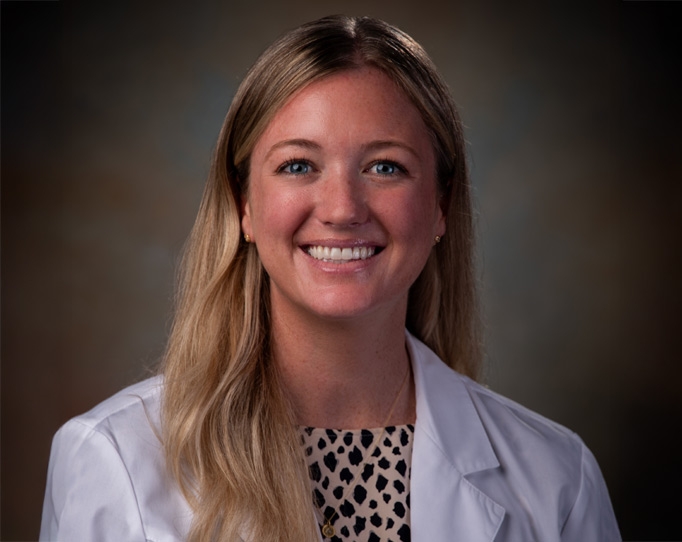Understanding Hernias

Dr. Allison Foster
Pee Dee Surgical Group
A hernia occurs when an organ or tissue pushes through a weak spot of the abdominal muscles. The most common areas for hernias are the groin, around the belly button, or in areas with previous surgical scars.
Some of the most common signs of a hernia include a dull, aching pain in the groin or around the belly button. This discomfort is often accompanied by a visible bulge in the affected area. The bulge may become more noticeable when standing but tends to disappear when lying flat.
However, while these symptoms are typical, more concerning signs could indicate a serious complication. If you notice changes in your bowel habits, or experience nausea, vomiting, or severe pain, it is important to seek immediate medical attention. These symptoms could suggest that the hernia is blocking the intestine or causing other complications, which may require urgent care.
There are three main types of hernia repair: traditional open surgery, laparoscopic surgery, and robotic-assisted surgery. Each method has its own set of advantages and is chosen based on the patient’s condition, the hernia’s location, and other factors.
Robotic-assisted surgery, particularly in the case of hernia repair, offers several benefits for patients.
One of the main benefits of robotic surgery is the decrease in postoperative pain. Because the procedure is minimally invasive, there is less tissue damage, resulting in a faster and less painful recovery. Most patients only require pain medication for a day or two and then transition to over-the-counter options like Advil or Tylenol.
Patients who undergo robotic-assisted hernia repair typically experience a much quicker return to their daily activities. While it is important to avoid heavy lifting and strenuous activities for about a week, most patients can resume light activities and self-care shortly after surgery.
The smaller incisions used in robotic-assisted surgery mean less visible scarring and a lower risk of infection. This also reduces recovery time and minimizes discomfort.
Hernia repair has come a long way, thanks to advancements in minimally invasive surgery. Whether you are facing a traditional open hernia repair or opting for the benefits of robotic-assisted surgery, it is important to consult with your doctor to determine the best option for your specific condition.
If you are experiencing symptoms of a hernia, such as a visible bulge or dull aching pain, consult with your provider about possible treatment options. Early diagnosis and treatment can help prevent complications and ensure you return to your normal activities as quickly as possible.
McLeod General Surgeon Dr. Allison Foster cares for patients at Pee Dee Surgical Group in Florence. Her expertise includes thyroid and parathyroid surgery, hernia repair, gastrointestinal surgery, and breast surgery. Dr. Foster is accepting new patients. To make an appointment, call 843-665-7941.
-
McLEOD REGIONAL MEDICAL CENTER FLORENCE
843-777-2000 -
McLEOD DARLINGTON
843-777-1100 -
McLEOD DILLON
843-774-4111 -
McLEOD LORIS
843-716-7000 -
McLEOD SEACOAST
843-390-8100 -
McLEOD CHERAW
843-537-7881 -
McLEOD CLARENDON
803-433-3000



-
McLEOD REGIONAL MEDICAL CENTER FLORENCE
843-777-2000 -
McLEOD DARLINGTON
843-777-1100 -
McLEOD DILLON
843-774-4111 -
McLEOD LORIS
843-716-7000 -
McLEOD SEACOAST
843-390-8100 -
McLEOD CHERAW
843-537-7881 -
McLEOD CLARENDON
803-433-3000
 Find a Doctor
Find a Doctor  Locations
Locations  Services
Services